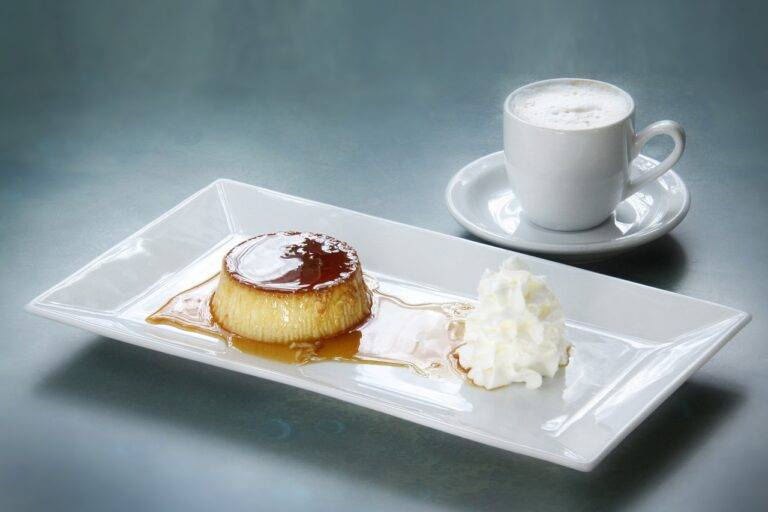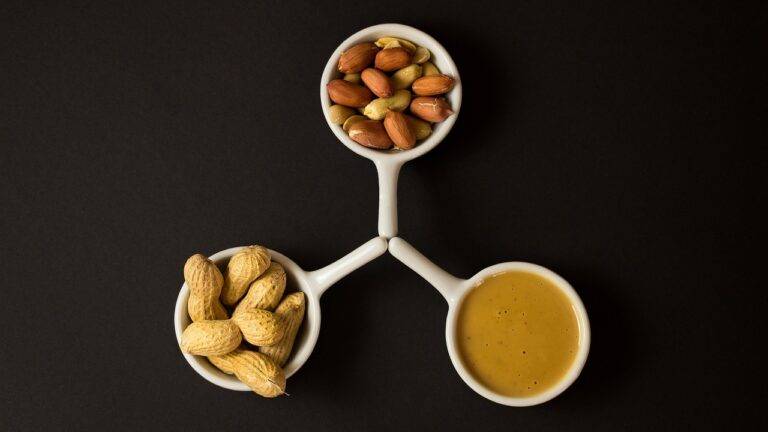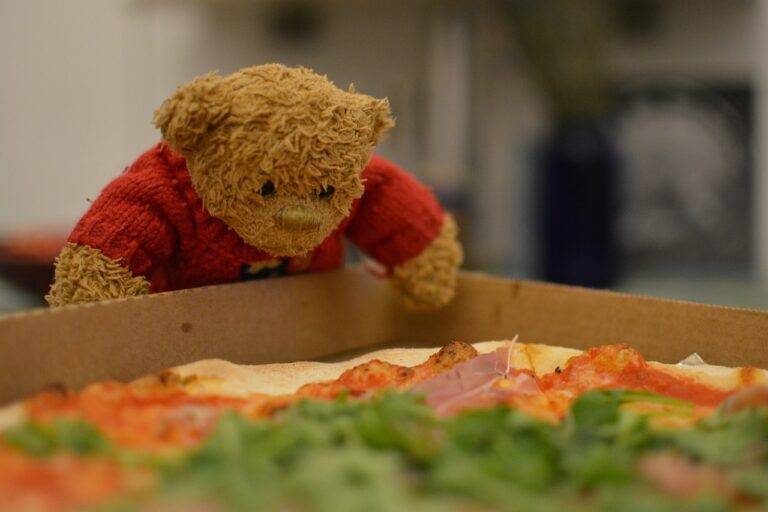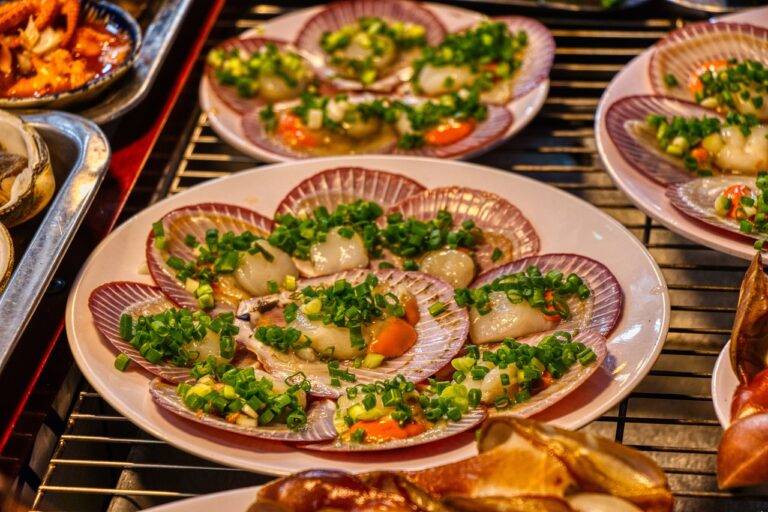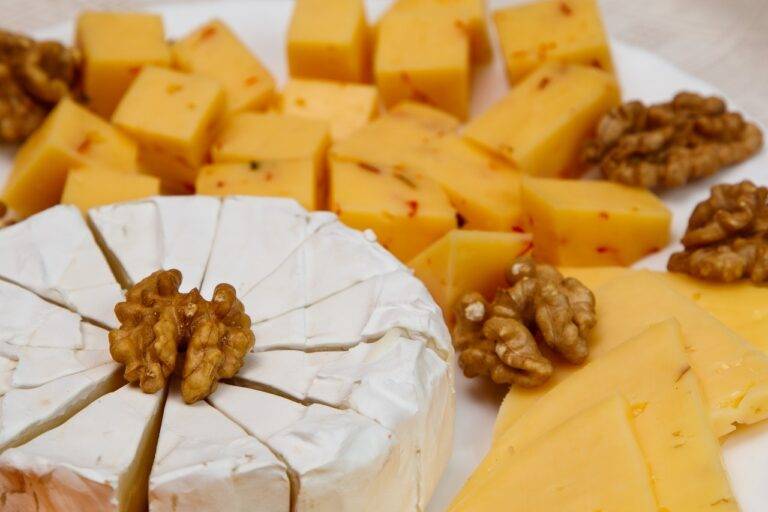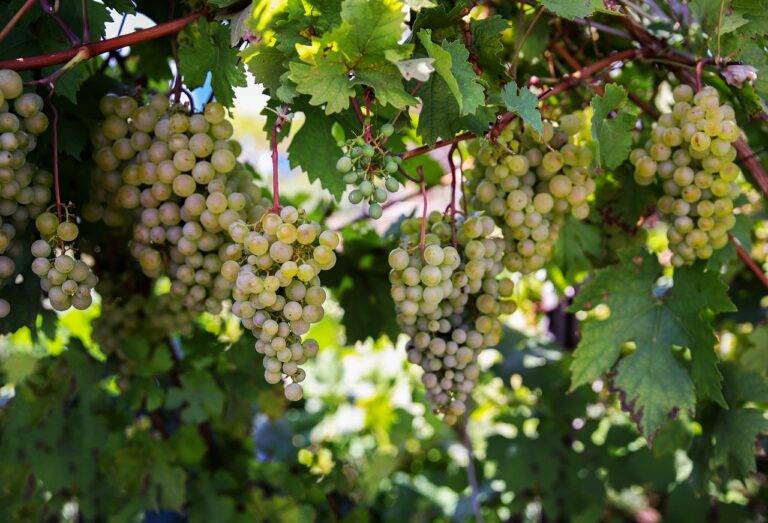The Art of Baking: Traditional Techniques vs. Modern Innovations
Traditional bakers often encounter obstacles in adapting to modern consumer preferences. This shift has led to challenges in retaining loyal customers who may now seek more innovative and diverse baked goods. Additionally, competition from large-scale bakeries that have the capacity for mass production presents a hurdle for traditional bakers who prioritize artisanal methods and quality over quantity.
Another significant challenge faced by traditional bakers is the rising costs of ingredients and supplies, making it difficult to maintain competitive pricing while upholding their commitment to using high-quality, often locally-sourced, ingredients. As profit margins shrink due to these increased expenses, traditional bakers must find creative solutions to balance financial sustainability with their dedication to traditional baking methods.
Evolution of Baking Tools and Equipment
Over the years, the evolution of baking tools and equipment has transformed the way traditional bakers operate. From rudimentary clay ovens to sophisticated convection ovens, the advancements in technology have revolutionized the baking industry. These innovations have not only improved efficiency but also elevated the quality and consistency of baked goods.
Baking tools such as mixers, proofing cabinets, and dough sheeters have undergone significant developments, enabling bakers to streamline their processes and produce larger quantities of baked goods. The introduction of digital thermometers, timers, and scales has enhanced precision in temperature control and ingredient measurements, leading to more precise baking outcomes.
Impact of Technology on Baking Practices
Technology has revolutionized the baking industry, offering innovative solutions to traditional practices. From high-tech ovens with precise temperature controls to advanced mixing equipment, bakers now have access to tools that streamline their processes and improve efficiency. These advancements have not only enhanced the quality of baked goods but also allowed for more consistency in production.
Moreover, technology has enabled bakers to experiment with new recipes and techniques, pushing the boundaries of creativity in the kitchen. With the rise of baking apps and online resources, bakers can easily discover and share diverse recipes from around the world. Social media platforms have also provided a space for bakers to showcase their creations and engage with a wider audience, fostering a sense of community and inspiration within the baking industry.
How have traditional bakers been affected by advancements in technology?
Traditional bakers have faced challenges in adapting to new technologies, such as automated mixing equipment and digital temperature controls, which have changed the way baking is done.
What new tools and equipment have evolved in the baking industry?
Baking tools and equipment have evolved to include precision ovens, automated dough kneaders, and computerized recipe management systems, all of which have improved efficiency and quality in baking practices.
How has technology impacted baking practices overall?
Technology has revolutionized baking practices by streamlining processes, enhancing precision in measurements, and improving consistency in product quality. It has also enabled bakers to experiment with new recipes and techniques more easily.


